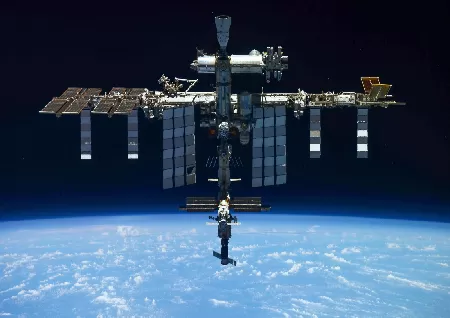Russian Spacecraft Takes Off To Bring Back 3 Stranded Astronauts From Space

On Friday, a Russian Soyuz rocketed into orbit on a mission to return to Earth a crew who had become trapped on the International Space Station (ISS) due to a cooling system leak in their initial return capsule. From Kazakhstan's Baikonur spaceport, the unmanned Soyuz MS-23 launched and was in orbit. On Saturday at 01:01 GMT, it was planned to dock with the ISS. The mission of US astronaut Francisco Rubio, Russian cosmonauts Sergey Prokopyev and Dmitry Petelin, and them were supposed to terminate in March. Their Soyuz MS-22 capsule's cooling system began to leak two months ago, leaving them stranded in orbit. Last Monday, the Russian space agency Roscosmos declared that the three will now return to Earth.Sept. on board Soyuz MS-23. In March, the damaged MS-22 spacecraft is now slated to touch down without a crew. Both NASA and Roscosmos concur that the MS-22 spacecraft leak from the previous year was brought on by a micrometeoroid—a tiny piece of space rock—hitting the capsule at a high speed. Another leak this month on the cooling system of the Progress MS-21 cargo spacecraft, which was removed from orbit last week, is also thought to have been brought on by a similar hit, according to experts. Tass said that 430 kilogrammes (approximately 950 pounds) of goods, including medical gear, scientific equipment, water, food, and cleaning supplies, were transported aboard the replacement vessel. According to a Russian space official reported by Tass, the amount of food delivered was three times what is typically sent on such trips.The revelations have forced NASA and Roscosmos to change their plans and cancel scheduled space excursions.
Related queries to this article
- Russian Spacecraft
- Astronauts
- Russian Soyuz
- International Space Station
- Kazakhstan's Baikonur
- NASA
- ISS
Read more articles and stories on InstaSity Latest News.





